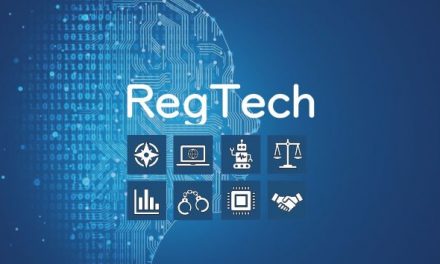Regulatory News from the United States: Credit Access and Inclusion Act of 2017 amended 06/25/2018
(Sec. 2) This bill amends the Fair Credit Reporting Act to allow the reporting of certain positive consumer-credit information to consumer reporting agencies. Specifically, a person or the Department of Housing and Urban Development may report information related to a consumer’s performance in making payments either under a lease agreement for a dwelling or pursuant to a contract for a utility or telecommunications service. However, information about a consumer’s usage of any utility or telecommunications service may be reported only to the extent that the information relates to payment by the consumer for such service or other terms of the provision of that service.
Furthermore, an energy-utility firm may not report a consumer’s outstanding balance as late if the firm and the consumer have entered into a payment plan and the consumer is meeting the obligations of that plan.
Specified provisions of the Consumer Credit Protection Act that establish civil liability with respect to furnishers of information to consumer reporting agencies shall not apply to any violation of the bill.
The Government Accountability Office must report on the consumer impact of such reporting.
Source: US Congress
Micheal Turner, President of the Policy and Economic Research Council (PERC ) commented in his recent newsletter “For over a decade, PERC has advocated for the inclusion of “proven payment data,” or full-file nonfinancial payment data, such as payment of energy utility, telecom, and rent bills, to be included in credit reports.
 This year multiple bills were introduced in both chambers of Congress in support of proven payment data. In the House of Representatives, one bill introduced by Rep. Keith Ellison (DMinn.), H.R. 435, has been unanimously passed. Its Senate companion, S. 3040, has been introduced by Sen. Tim Scott (R-S.C.) and was heard by the Senate Banking Committee.
This year multiple bills were introduced in both chambers of Congress in support of proven payment data. In the House of Representatives, one bill introduced by Rep. Keith Ellison (DMinn.), H.R. 435, has been unanimously passed. Its Senate companion, S. 3040, has been introduced by Sen. Tim Scott (R-S.C.) and was heard by the Senate Banking Committee.
One bill has been incorporated into an Appropriations bill. The Credit Access and Inclusion Act clarifies that the FCRA permits voluntary reporting of proven payment data to national consumer reporting agencies (CRAs), commonly known as credit bureaus. Currently, only negative information (such as nonpayment or 90 days past due) gets reported to credit bureaus, indirectly through third-parties such as collection agencies. However, few fully report the positive information that would allow consumers to build credit histories and be rewarded for on-time payments. Including this information in credit reports allows those who are Credit Invisible to be scored, thereby accessing low-cost, mainstream credit, and start building wealthgenerating assets.”
Source: PERC Newsletter


























